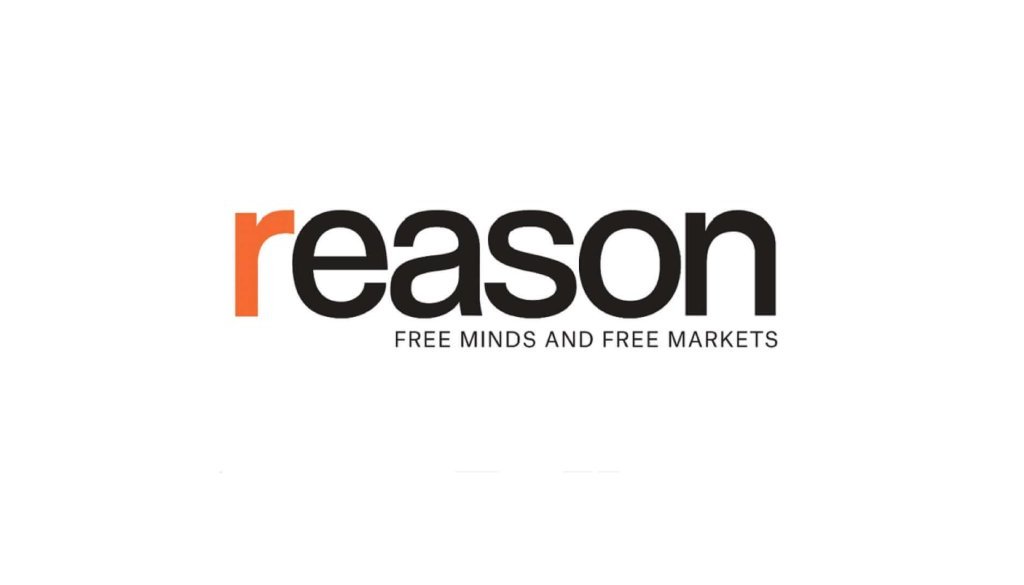French Court Finds Writer “Guilty of Denying the 1994 Rwandan Genocide”
I’ve long opposed Holocaust denial bans, partly because of the slippery slope / censorship envy problem: Unsurprisingly, such bans tend to lead to broader policing of historical claims, such as the French fine imposed on noted historian Bernard Lewis for his views on the Armenian genocide. N.Y. Times (Adam Nossiter) reports the latest:
The French-Cameroonian writer, Charles Onana, author of “Rwanda, the Truth about Operation Turquoise — When the Archives Speak,” and the publisher, Damien Serieyx, were fined nearly $15,000 and ordered to pay more than $11,000 to three human rights group that had sued them.
Mr. Onana, who could not be immediately reached for comment, and his publisher have appealed.
The court on Monday found Mr. Onana and the publisher guilty for their “public challenge to the existence of a crime against humanity.” In his book, Mr. Onana denied there had been a genocide and denied France’s responsibility.
The court cited some 19 passages it said violated French law making it illegal to deny a genocide that has been officially recognized by France or international jurisdictions. Notably, Mr. Onana wrote that the “conspiracy theory of a Hutu regime that planned a ‘genocide’ in Rwanda constitutes one of the biggest scams of the 20th century.” …
Mr. Onana, for his part, maintained in his book that there was killing on both sides, by Tutsis and Hutus, but that there was no genocide. “Certainly, Tutsis were massacred, targeted, but they were not the only ones,” he wrote. In his introduction, he wrote that he was “above all trying to make a break with ‘official history.'”
The French have their free speech rules, and we have ours; but incidents like this remind me why I like ours better. Claims about broad historical topics should be resolved, I think, through debate among historians, not by legislatures or courts. Among other things, when people are free to publicly disagree with the consensus of experts (historians, scientists, and more) but the consensus continues to withstand such challenges, we non-experts have some basis for confidence in that enduring consensus. But when some public disagreement becomes illegal, and the debate is therefore truncated, how can we know that any consensus after that poi
Article from Reason.com

The Reason Magazine website is a go-to destination for libertarians seeking cogent analysis, investigative reporting, and thought-provoking commentary. Championing the principles of individual freedom, limited government, and free markets, the site offers a diverse range of articles, videos, and podcasts that challenge conventional wisdom and advocate for libertarian solutions. Whether you’re interested in politics, culture, or technology, Reason provides a unique lens that prioritizes liberty and rational discourse. It’s an essential resource for those who value critical thinking and nuanced debate in the pursuit of a freer society.



